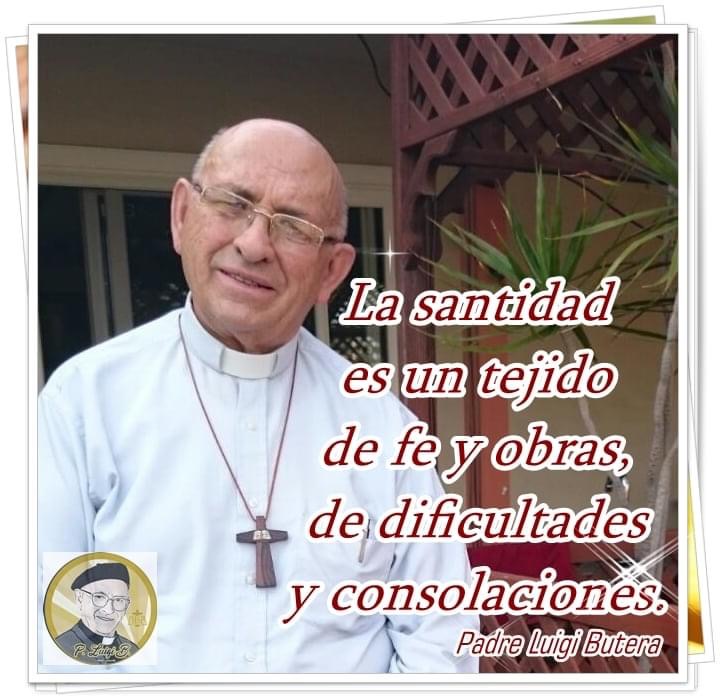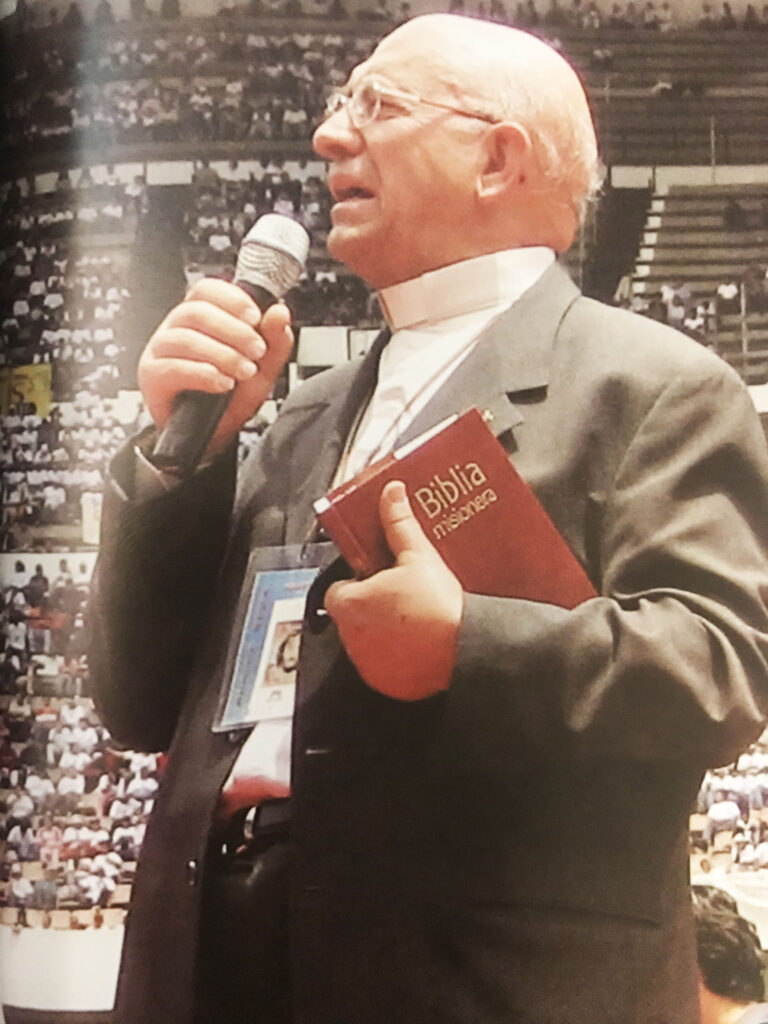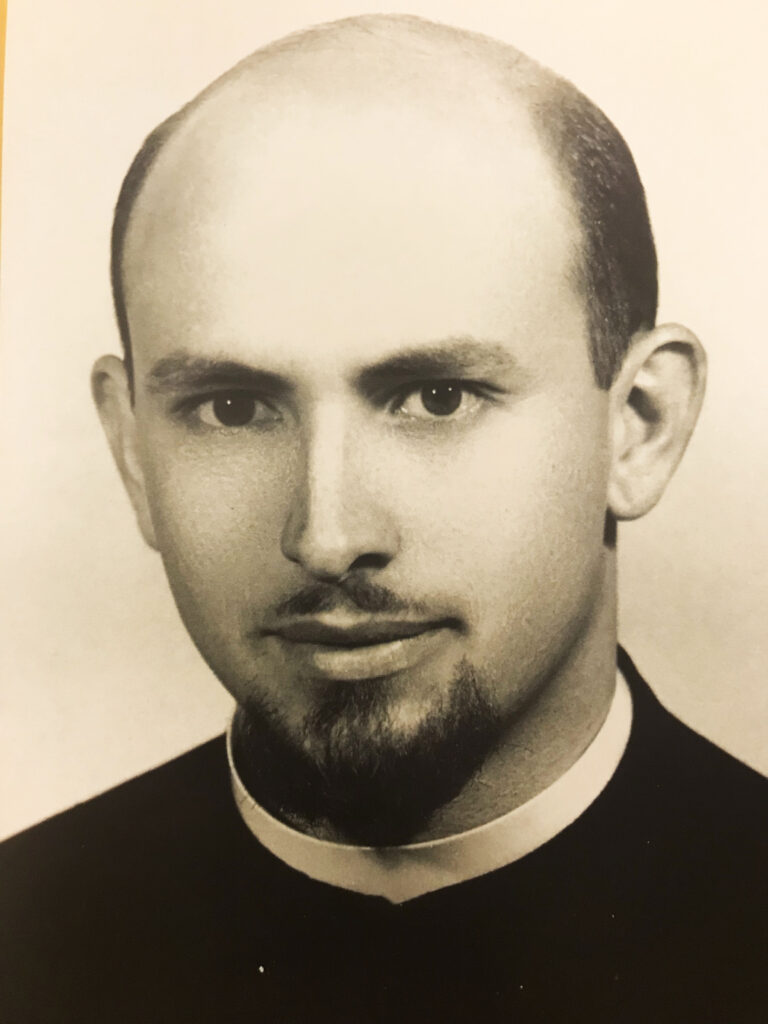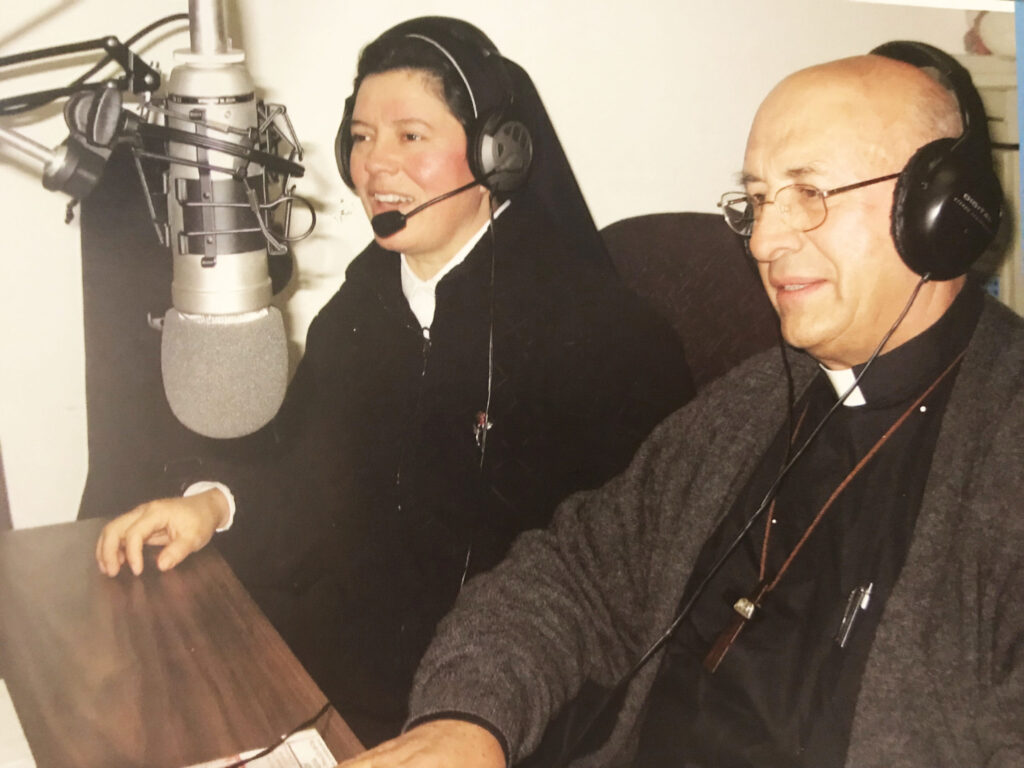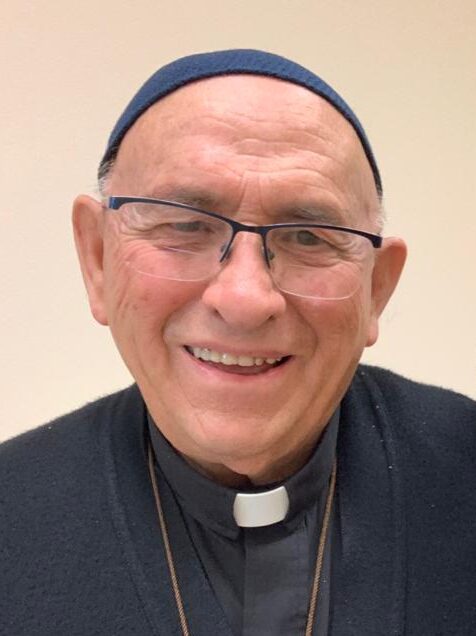Father Luigi Butera Vullo, MSP
Father Luigi Butera Vullo was born on May 22, 1932, in Marianópoli, on the island of Sicily, Italy. He lived through the turbulent years of the world wars, which took place in Europe in the first half of the 20th century; They are one of those situations that deeply mark the human being and his vision of the world. From those generations arose the atheistic existentialists and the deeply Christian existentialists. Some marked by the pessimism of the consequences of the war, others with the hope of better times.
In this context, Father Luigi Butera responded to God’s call and entered the diocesan seminary of Caltanisetta, Italy. A strong missionary spirit led him to take the path of religious missionary life. He becomes part of the Institute of the Comboni Missionaries; There he received his seminary and missionary formation, professed vows in 1958, and was ordained a priest on April 2, 1960.
Despite his attraction and a fervent desire to mission in Africa, religious obedience led him, first, to Spain, then to Mexico, where he arrived on November 1, 1963. The jobs he held were as Rector of the Minor Seminary in Sahuayo, Michoacan; Director of the Aguiluchos magazine and collaborator of the Esquila Misional magazine, of which he would be Director. In Baja California Sur, he held the positions of Vicar of the Cathedral of La Paz, Rector of the Church of the Sacred Heart, Diocesan Director of the Cursillos in Christianity, Director of Catechesis and Secretary of the Presbyteral Council, and Parish Priest of the Church of San Ignatius.
The opportunity to visit the missions in Africa, to make trips to the East and study trips, gave him the vision of what could be done in the Church in Mexico. The apostolate of the young Mormon students, as well as the training of Buddhist children and youth they received, at the request of their parents, were the trigger for the idea of preparing lay Catholics to serve in the missions to begin to take shape.
A seminary for the laity would make it possible to foster a temporary missionary service of the laity, especially young people, which would help them for the rest of their lives and would allow them to better serve in their churches. The construction that he carried out in the center of Mexico City, called the Missionary Animation Center (CAM), in order to promote evangelization gave the possibility to start the work. The difficulties that all evangelizing work usually faces led him, at the insistence of his superiors, to seek the support of a bishop so that he could carry out the project.
It is in the year 1981 that he began his adventure in the diocese of Cuautitlán, where he was accepted by Bishop Manuel Samaniego Barriga.
He is entrusted with a parish in the town of San José El Vidrio, from where he directed the construction of the evangelizing center called “Campo Misión”, which is the first house of the institutes (feminine and masculine).
From there, this work develops providentially. He faces, like so many others, difficulties of all kinds. But, in the case of a work of God, things have been taking place as He has wanted.
Father Luis Butera was elected Superior General of the men’s Institute for the second consecutive term in 2008 and has been advising the Institute of the Missionary Sisters Servants of the Word. God wanted the founder to witness the Pontifical approval of the work, as a reward for his apostolic commitment and as a guarantee that he had not made a mistake in following this apostolic inspiration.

